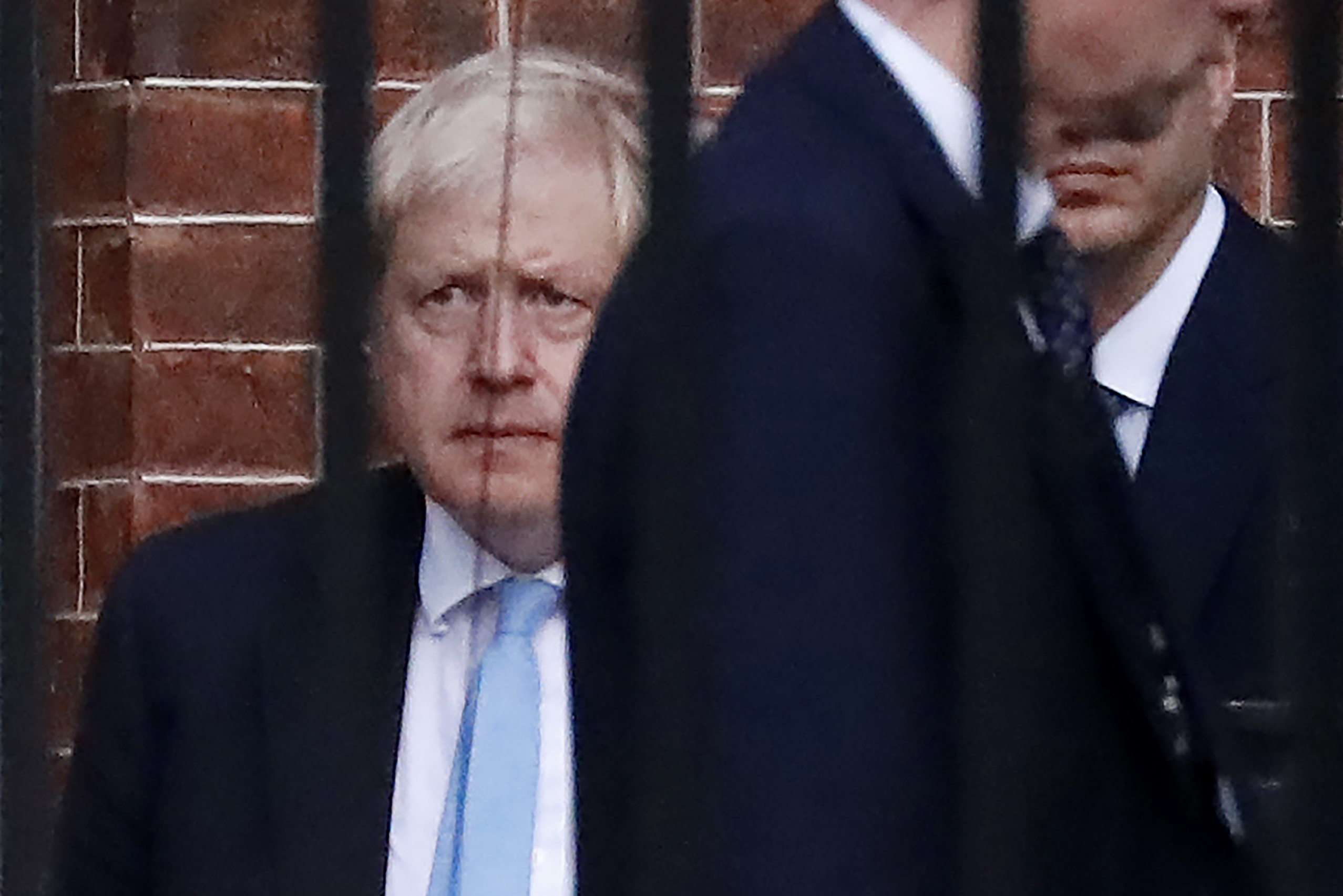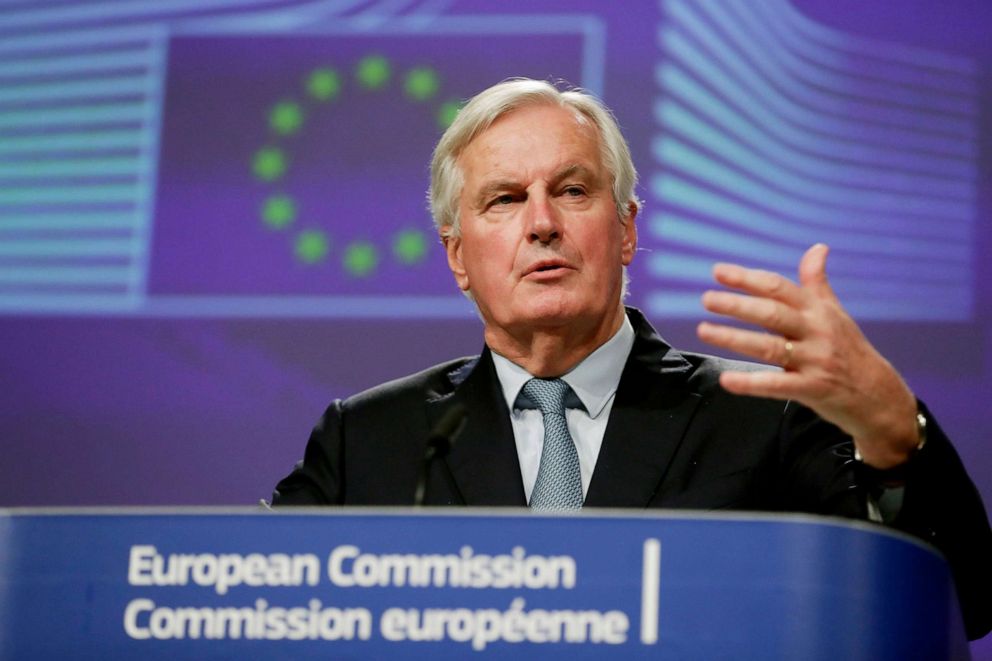UK and EU agree to 'great' Brexit deal, Prime Minister Johnson says
The deal will now go to the U.K. Parliament for approval.
LONDON -- The United Kingdom and European Union have agreed on a new Brexit deal, Prime Minister Boris Johnson announced Thursday morning.
"We’ve got a great new deal that takes back control," he posted on Twitter, "now Parliament should get Brexit done on Saturday so we can move on to other priorities like the cost of living, the NHS, violent crime and our environment."

Jean-Claude Juncker, the President of the EU Commission, described the deal as a "fair and balanced agreement" that is "testament to our commitment to find solutions."
However, the deal still needs the approval of the UK Parliament to pass into law. A vote on the deal will be held in the House of Commons this Saturday, Johnson said.
It remains unclear whether lawmakers will back the deal. The previous deal reached with EU leaders, negotiated by Johnson's predecessor Theresa May, was voted down three times by the House of Commons, forcing the UK to seek an extension to the original Brexit deadline of March 31 this year. May's deal was criticized heavily on all sides of the political spectrum, with some arguing it left the UK too closely aligned with the EU, and others saying that it failed to protect workers' rights and would damage the economy.
The main difference between Johnson's deal and the previous one negotiated by May involves the future of Northern Ireland, which has been a sticking point in the negotiations of the past three years.
Jeremy Corbyn, the leader of the opposition Labour Party, which has the second highest number of lawmakers in the House of Commons, described the new deal as "worse than Theresa May's" and called for the British public to have a "final say" on the outcome of the negotiations, in a general election or another referendum.

“From what we know, it seems the Prime Minister has negotiated an even worse deal than Theresa May’s, which was overwhelmingly rejected," he said in a statement. "This sell out deal won’t bring the country together and should be rejected. The best way to get Brexit sorted is to give the people the final say in a public vote.”
The current Brexit deadline stands at October 31 of this year, more than three years after the UK voted to leave the EU in a referendum in June 2016.
Johnson's task of securing the consent of Parliament is further complicated as he has lost the ruling Conservative Party's majority in Parliament, having expelled 21 lawmakers from the party for voting against his plans to leave the EU without a deal on October 31.
This means Johnson will have to secure the votes of other political parties in order to pass the Brexit deal.
If Parliament rejects Johnson's deal on Saturday, the prime minister may be forced to ask the EU for another extension to the Brexit deadline. In early September lawmakers voted 327 to 299 in favor of a law that will force the prime minister to ask for an extension to the Brexit deadline if a deal has not been passed. Critics say that leaving the EU without a deal will be hugely damaging to the UK economy.
Johnson has previously said he would rather be "dead in a ditch" than delay Brexit once again, and has repeatedly stated that the UK will leave the EU with or without a deal at the end of this month.



